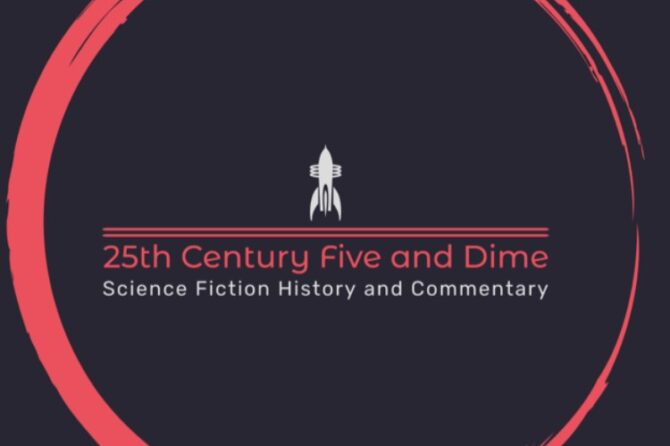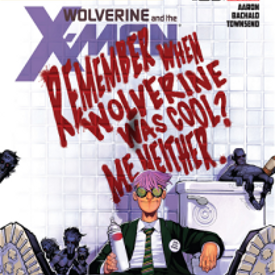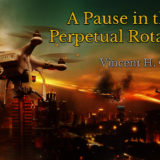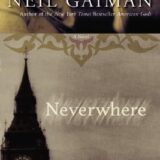So, here begins my first post on Amazing Stories – and it’s one that deals with my experiences writing and staging Science Fiction Theatre. First of all, it took my MA course to muster up the courage to write Theatre in the genre of Science Fiction, having written short stories and novellas for my BA English course a few years before. Dialogue has been something I’ve always enjoyed writing, to the point where in my prose writing the background, what the characters were wearing etc. would be interspersed between reams of speech that drove the action forward. I don’t like explaining things to the last detail, even with things I do know – I love to create a sense of mystery, for the audience to become involved by forging their own links, associations and ideas.
Of course, Theatre can be confining – in terms of visuality, it of course can’t get close to the amount of visual detail down to the smallest minutiae that cinema, TV and to an extent the novel can provide. However, this tends to make things easier rather than harder, for me.
 (yes, I’m thinking of *that* novel – the other way round, of course). In this way, constraints can push us to go that bit further in our methods of story creation.
(yes, I’m thinking of *that* novel – the other way round, of course). In this way, constraints can push us to go that bit further in our methods of story creation.
Of course, dialogue can do so much – indicating space, time, character, action, reaction. Theatre with its heightened engagement that is true of all live arts can depict a world outside from the characters who are experiencing it outside of our field of vision. I’m reminded of the recent Soho Varsity Bargate Award winning play Pastoral (2013) where nature revolts against our man made structures. Animals invade, depleting our sustenance, weeds grow resistant to concrete and mortar. We can hear the sounds, reports of a family who are stuck inside their house, desperate for survival. The visual sign is a simple tree in the middle of the stage, growing throughout the performance. Flowers are shot through from the ceiling and the flooring breaks in half. It is relatively simple compared to what a film adaptation might have conjured with CGI, but then arguably the focus has been distracted away from the reaction of the characters – as we can see it all for ourselves.
SF theatre may need to be set with a tighter aperture to even claustrophobic proportions. However, this can create an effective intensity with focus on character and concept that theatre comes to the fore.
To start off with in my writing SF Theatre series, I’ve added a few tips through what I’ve experienced so far. Of course, please take these with a cellar full of salt!
1. Write small, think big
This doesn’t mean write small in terms of concept – SF theatre can have a small frame but can have networks of connections and understandings that branch out much further than the Proscenium Arch. We can think of it as a tree – with the roots extending far beneath the ground.
A good example of this is Mac Rogers’ Honeycomb Trilogy. In a world of interstellar relations and galactic battles of epic proportions, each part of the trilogy is staged small – often using domestic settings. The last of the trilogy, Sovereign (2012), uses the staging of a court case to emphasise the action taking place elsewhere – humans that are used to house alien consciousnesses are called skins in an effective method of staging the “other”. This shouldn’t be seen as any form of cop-out; science fiction ultimately unveils a dimension of being human in its execution, no matter how oblique it appears. Theatre is of course a way of close-up, where every gesture and word is heightened in the midst of live action and stripped back visual.
2. Dialogue is key
This doesn’t mean you need to use excessive info-dumping from your characters’ mouths in order to set us up in terms of place and time (e.g. “Well, you know, Brian that things have changed since the electrical storm of years back. The robots had just signal failure – you remember Martha, right? The storm scrambled her short term memory circuits, which people used to buy and replenish. She never knew why she did what she did of course. That’s what the court said, right? People couldn’t trust those things. Of course, they’re all banned now since that act etc.)
An effective exercise is to eavesdrop on a conversation (yes… that’s my excuse as a writer) and try to figure out what they’re talking about. the hints they give are piecemeal as more often than not, they don’t want you specifically to know. That’s what makes it interesting. When we overhear a heated argument or a conversation in hushed tones, it excites our curiosity because it’s a mystery. We have to work things out, follow the clues to an eventual understanding (or to increasing confusion). The way to great dialogue is to say little but mean much. Subtext is the theatre’s hallmark. Play to it!
3. Practice scaling
There is what I often call “displaying the exposed membrane” – which we see as an audience in a performance – both internal and external “battle it out” as the actor takes on this prescribed world. In SF, world-building and its subsequent scale are key concepts – how we see ourselves as individuals, as a collective and in the grand schemes of things in the universe. We can usually see or hear perspectives from a handful of actors at a time. With dialogue, we can imagine the world outside the frame.
These points are just a handful of ideas that I will be expanding upon, as well as moments that I’ve encountered in rehearsals and the whole act of staging and performing (I’ve been writing and acting out a series of SF monologues – 3 Degrees and Mercurial Harbour have been read in Central London and I will be performing a new piece in October). I hope you enjoy my series on Writing SF Theatre!











Nicely done! I enjoyed reading this piece and look forward to more from you. Please let us know what and where you’ll be performing in October as I will be in the UK for MCM Expo at the Excel. Welcome to the ASM family.
Thank you so much for your kind words! Yes, definitely – I’m performing a short play on subjectivism and handling the unknown – a light-hearted little piece with sound design from a PhD composition student. I’m really excited about it! I will let you know as soon as I get more details 🙂